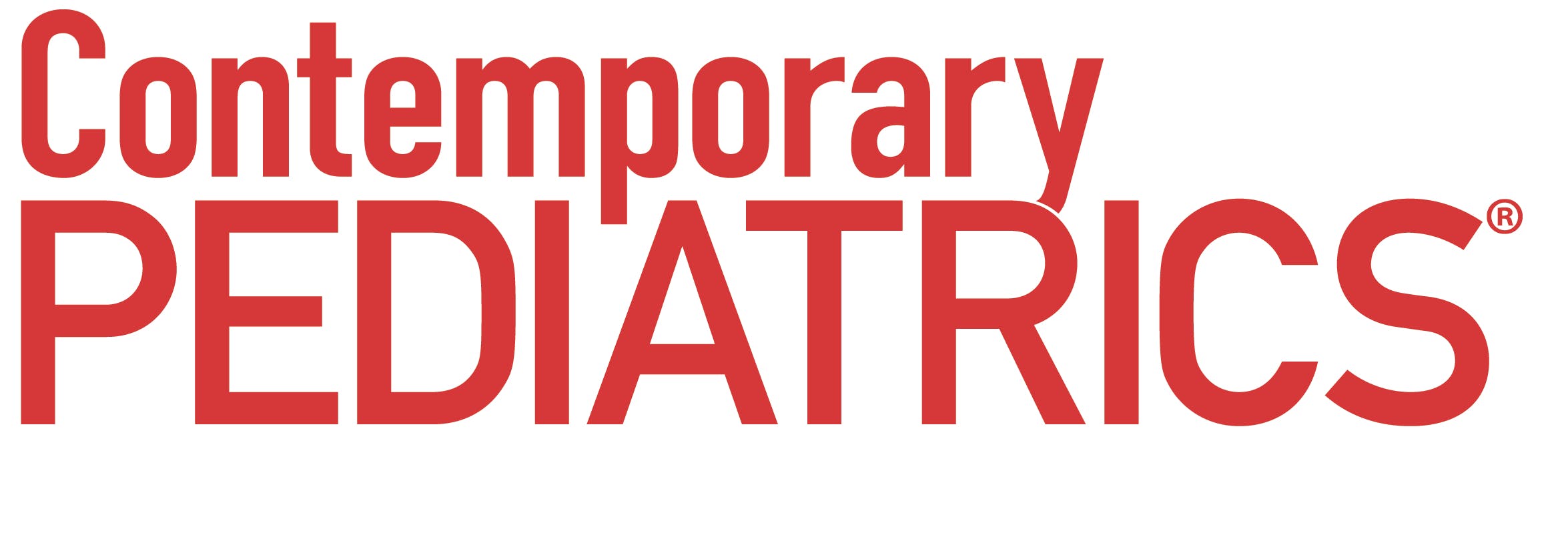Adolescent patients and their confidentiality: Staying within legal bounds
What right does a teenager have to confidential health care? What influence does HIPAA exert on that right? How you apply the answers in your practice could determine whether an adolescent seeks health services-or forgoes necessary care.
A 15-year-old girl (we'll call her "Cindy") comes to your office with an atypical chief complaint: "I want to talk to the doctor." With her mother outside in the waiting room, she tells you that she is sexually active and missed her last period. She's concerned that she might be pregnant. And she doesn't want her mother to know.

Despite the 1978 recommendations by the Task Force on Pediatric Education to improve training for adolescent health care,3 many pediatricians continue to lack confidence in their ability to address adolescent issues and often do not provide comprehensive care to this age group.4 A study of the availability of adolescent health services and of confidentiality in primary care practices in the Washington, D.C., metropolitan area found that pediatric practices were less likely than family medicine and internal medicine practices to offer adolescents services such as contraception and pregnancy testing.5 They were also less likely than family medicine practices to offer adolescents confidential care.5 Pediatricians participating in the survey commonly cited lack of equipment and expertise, inadequate staffing, and low patient demand as reasons for not offering the services.
The physician who is approached by an adolescent in a scenario like the one involving Cindy can make the clinical diagnosis easily enough: One-step and two-step office kits (CLIA-waived) reveal whether a patient is pregnant. The challenge arises in responding to the adolescent's request for confidentiality. Understanding the rights of the adolescent patient and applying them appropriately in the primary care setting can reduce a barrier to care in this population.
What are the rights of an adolescent to confidential health care? The Society for Adolescent Medicine (SAM) has called for health providers to make their patients aware of the requirements of confidential care and to strike the often difficult balance between maintaining an adolescent's confidences and involving responsible adults when necessary.10
In general, an individual's right to control information about his (her) health care is linked to that person's right to consent to the care itself. As a rule, children younger than 18 years are not allowed to consent to medical treatment; their parents (or legal guardian) make all medical decisions and, therefore, generally have the right to access the health information that results from that treatment.
Having "the talk" with teen patients
June 17th 2022A visit with a pediatric clinician is an ideal time to ensure that a teenager knows the correct information, has the opportunity to make certain contraceptive choices, and instill the knowledge that the pediatric office is a safe place to come for help.













